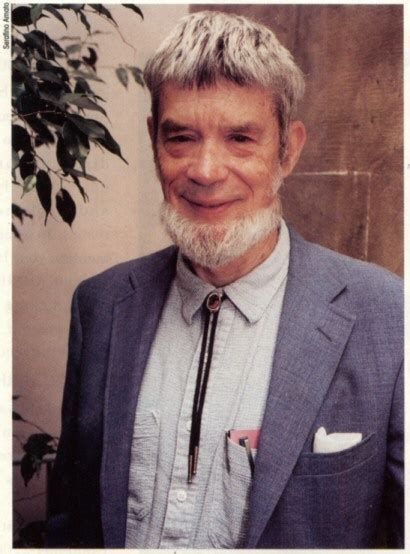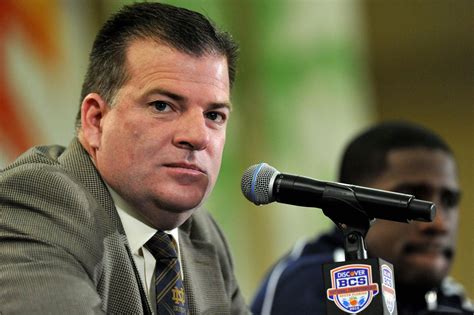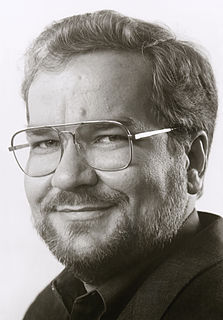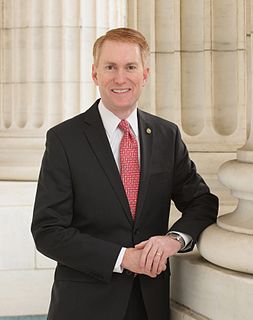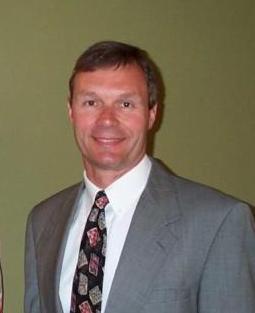A Quote by George C. Williams
The only realistic view is that a human life arises gradually, which is not much help in making personal decisions or devising public policy.
Related Quotes
For many people, the only reason to do anything is that it's best for them individually. And I think that's why planners have to be more realistic about devising policies so the stakeholders will say, "I see what you mean - that'll help me." I think expecting people to do the right thing for the right reason leads to a lot of failure in public policy.
But, that’s the whole point of corporatization - to try to remove the public from making decisions over their own fate, to limit the public arena, to control opinion, to make sure that the fundamental decisions that determine how the world is going to be run - which includes production, commerce, distribution, thought, social policy, foreign policy, everything - are not in the hands of the public, but rather in the hands of highly concentrated private power. In effect, tyranny unaccountable to the public.
The people have only a very vague direct power. They have the power of voting against the administration, again after its decisions have been taken; but they have no way of getting into the question of policy-making, decision-making, except insofar as the vague forces and pressures of public debate and public opinion have their impact on the President. The President still has to decide. He can't go to the people and ask them to decide for him; he has to make the decision. In that sense he was condemned to be a dictator.
To the man who is truly ethical all life is sacred, including that which from the human point of view seems lower in the scale. He makes distinctions only as each case comes before him, and under the pressure of necessity, as, for example, when it falls to him to decide which of two lives he must sacrifice in order to preserve the other. But all through this series of decisions he is conscious of acting on subjective grounds and arbitrarily, and knows that he bears the responsibility for the life which is sacrificed.
Without general elections, without unrestricted freedom of press and assembly, without a free struggle of opinion, life dies out in every public institution, becomes a mere semblance of life, in which only the bureaucracy remains as the active element. Public life gradually falls asleep, a few dozen party leaders of inexhaustible energy and boundless experience direct and rule. Such conditions must inevitably cause a brutalization of public life: attempted assassinations, shootings of hostages, etc.
I don't know if the term 'liberation theology,' which can be interpreted in a very positive sense, will help us much. What's important is the common rationality to which the church offers a fundamental contribution, and which must always help in the education of conscience, both for public and for private life.
Deceit for personal gain is one of history's most recurring crimes. Man's first step towards change would be thinking, counter-arguing, re-thinking, twisting, straightening, perfecting, then believing every original idea he intends to make public before making it public. There is always an angle from which an absolute truth may appear askew just as there is always a personal emotion, or a personal agenda, which alienates the ultimate good of mankind.
People are trying to build a society where they can talk across the aisle so to speak, and have civil discourse. At the same time we're trying to inform ourselves about what's really true so that we can make evidence based decisions that is better than superstition or rumor. But the fact is that people who use evidence based decision making have much better life outcomes, greater life satisfaction, they live longer, they make better personal and medical decisions, better financial decisions. But parallel to that is you can't reason somebody out of a position they didn't reason themselves into.
